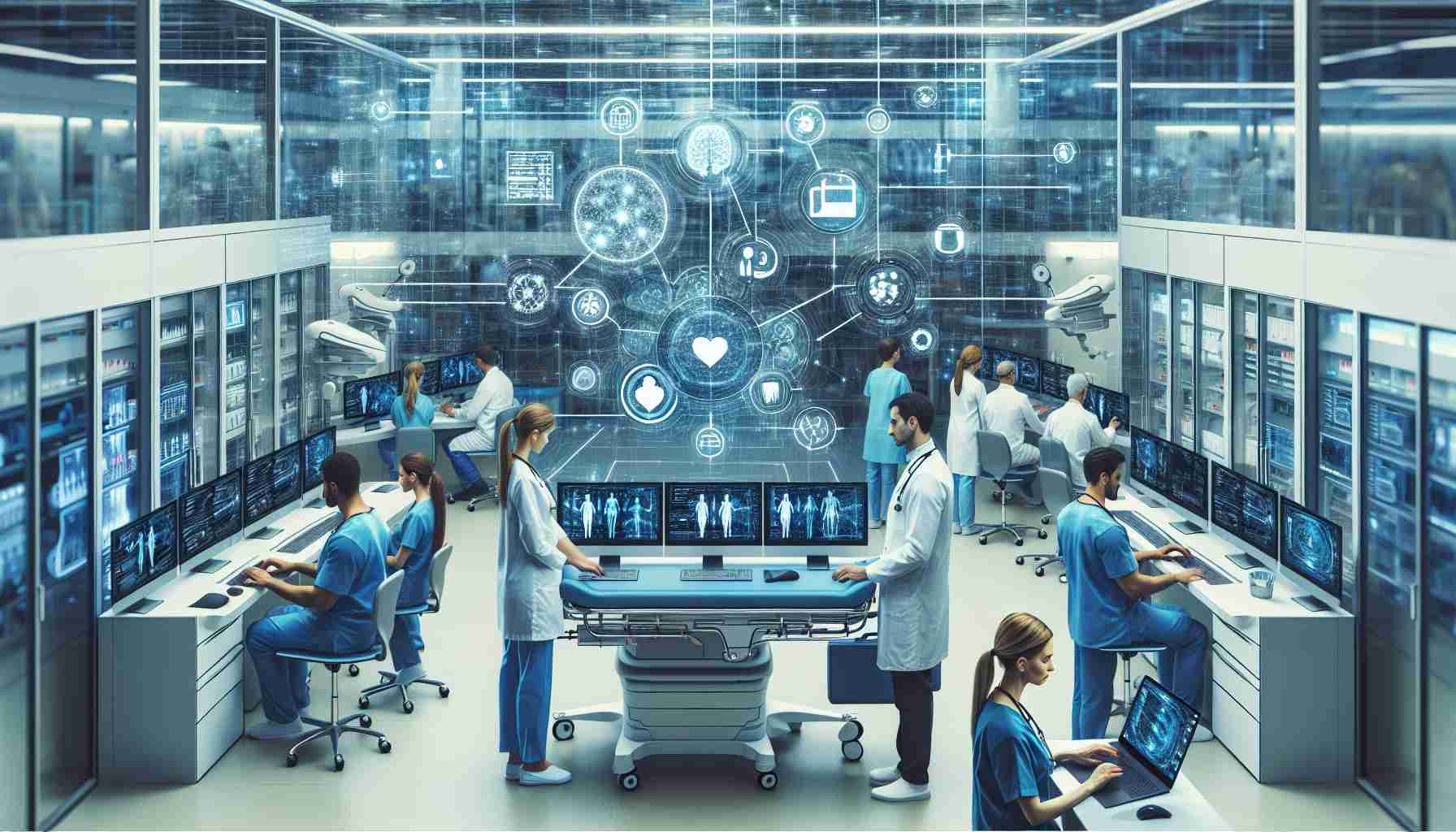As the use of AI-powered solutions becomes more prevalent among doctors to streamline their workloads, artificial intelligence (AI) is playing a transformative role in the field of medicine. Recent research indicates that approximately 10% of physicians are leveraging ChatGPT, an advanced large language model (LLM) developed by OpenAI. However, the reliability of AI response services remains a topic of interest. A pioneering study conducted by researchers from the University of Kansas Medical Center sought to address this question.
The sheer volume of medical literature published annually poses a challenge for practicing specialists to keep pace with. The researchers investigated whether ChatGPT could assist clinicians in efficiently reviewing medical literature and identifying critical articles to tackle this issue. In their study, they utilized ChatGPT 3.5 to summarize 140 peer-reviewed research papers from reputable health journals.
The study involved seven doctors who evaluated the accuracy, quality, and potential bias of ChatGPT’s responses. The results were impressive: AI responses were 70% quicker compared to those of actual physicians. Despite the efficiency, the AI responses garnered high ratings for accuracy (92.5%) and quality (90%), with no discernible bias. This underscores the efficacy of AI in literature review within the medical domain.
Concerns regarding the prevalence of significant errors and hallucinations often associated with large language models were debunked. Only four out of the 140 reports contained substantial inaccuracies, with hallucinations observed in just two instances. While minor inaccuracies were more common, appearing in 20 of the summaries, they were relatively infrequent.
Furthermore, ChatGPT proved valuable in aiding physicians to assess the relevance of specific journals, such as cardiology or primary care, to their respective medical specialties. However, the system faced challenges in determining the pertinence of individual articles within those journals. This highlights the importance of cautious utilization of AI-generated summaries in medical settings.
The potential benefits of ChatGPT and other AI models are significant as they assist busy healthcare professionals and researchers in selecting pertinent articles for review. By encouraging medical experts to stay informed about the latest advancements in treatments, AI facilitates evidence-based care for patients.
Dr. Harvey Castro, an emergency medicine physician based in Dallas, Texas, underscores the enhancement of medical decision-making through the integration of Artificial Intelligence in healthcare, particularly in tasks like interpreting complex clinical studies. Nevertheless, he acknowledges the limitations of AI models, including ChatGPT, and stresses the importance of validating the accuracy and fairness of AI-generated responses.
While AI-generated summaries are generally accurate, it is essential for healthcare professionals to exercise caution when solely relying on them for medical decision-making. Castro emphasizes the necessity for continual monitoring and verification of AI-generated content, especially in critical scenarios.
The implementation of AI in medical practices must be approached with careful planning, akin to any other powerful tool. When adopting new technologies like summarizing health abstracts with large language models such as ChatGPT, ensuring the provision of reliable and precise information by the AI system is paramount. As AI’s presence expands in the healthcare landscape, it is imperative for stakeholders to meticulously uphold the safety, accuracy, and advantages of these tools.
In conclusion, the integration of artificial intelligence in medicine holds promise for enhancing healthcare efficiency, alleviating overwhelming workloads, and refining decision-making processes. However, it is crucial to strike a balance between leveraging AI’s benefits and maintaining human oversight. Healthcare professionals can achieve this balance by harnessing AI’s capabilities to deliver the most precise and reliable care to their patients.
FAQ
What is artificial intelligence (AI)?
Artificial intelligence (AI) refers to the capability of machines to perform tasks that typically require human intelligence. It encompasses the development and utilization of computer systems that mimic cognitive processes such as learning, problem-solving, and decision-making.
What is ChatGPT?
ChatGPT is a sophisticated large language model (LLM) developed by OpenAI. Leveraging extensive data training, ChatGPT can generate human-like responses to text prompts. It finds applications across various domains, including healthcare, aiding tasks like summarizing medical literature.
How accurate are AI responses from ChatGPT?
A study by researchers at the University of Kansas Medical Center revealed that ChatGPT’s AI responses achieved a high accuracy rating of 92.5%. Additionally, these responses were deemed of high quality, receiving a score of 90%. While some minor errors were identified, severe errors and hallucinations were infrequent.
Should healthcare professionals solely rely on AI-generated content?
Healthcare professionals should exercise caution and verify AI-generated content. While AI systems like ChatGPT can be valuable for interpreting medical studies and identifying relevant articles, human oversight remains crucial to ensure the reliability and accuracy of the information provided.
For more insights on artificial intelligence and its impact across diverse industries, visit OpenAI’s website.










